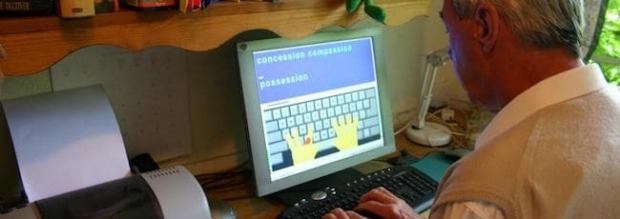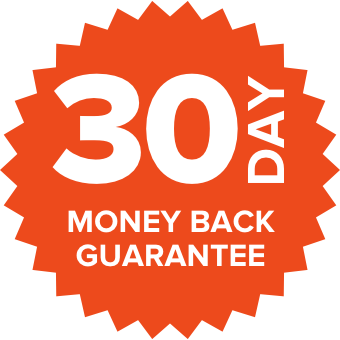
Brian, Retiree and youth mentor with dyslexia
I was never officially diagnosed as dyslexic, but I’ve read a lot about it and I’m pretty sure I have phonological dyslexia. When I was 9 or 10 I can remember looking at the word off, thinking that's alright. Then looking at the word of, and thinking that should be 'ov' -- this doesn't make sense.
At school, I used to play a lot of chess and I was quite good at maths, but my spelling was awful. Writing was about finding the words I could spell, versus expressing my ideas. Because of these issues, I ended up failing the 11+ exam and going to a different school than my siblings - this is despite the fact that I was just as intelligent as they were.
Since that time, my dyslexia has held me back in different ways. For example, I could have gone for a manager’s post earlier than I did but I figured it would mean writing things down which I knew I wasn’t good at, so I held back. When I eventually did become a manager, my boss would say things to me like “you take the minutes for the meeting,” and I’d sit there thinking how can I write the rough copy big enough, so that I can read it later, but too small for anyone to see my mistakes as I write it?
At times, I’ve done things like a workshop facilitation. This involved writing down on the board what people were saying. It was very tricky to do. I wasn’t sure if my spelling was right or wrong. Even with simple words, I would just go blank sometimes.
It’s hard to know where to start when learning how to spell as an adult. It seems there are as many words that break the rules in English than that follow them; it’s so inconsistent.
I’m enjoying doing the Touch-type Read and Spell course. I’m up to Level 3 of the first modules.
Bending my fingers around to type certain letters has been a challenge but I can understand that learning is gradual, and the hands and the muscle positions will eventually feel more comfortable.
I got myself a wireless keyboard to use with my iPad and was even able to take the course on holiday with me to keep practising.
I’m retired but I work as a youth mentor and I do volunteer work for a political party. I write emails for them and I prefer to work on the computer as it will check the spelling for me. If I’m writing on paper, it requires a lot more effort. Every time I write a card to someone, I wonder if I’m going to spell their name correctly.
I read the Guardian and I read books regularly, but I do find I’m a very slow reader and it can be quite tiring.
I like that TTRS is a phonics-based course and is helping me learn about the words I’m typing.
With dyslexia, I often look at a word and think, I could break it this way or that way. I could say it like this or like that. For example, I remember reading to my children when they were younger and saying ‘kit-ten’ instead of kitten. It wasn’t until I heard someone else talk about her kitten, not pronouncing the 'e' that I realized I was saying it wrong. Then I started to second guess myself and wonder how many other words I was saying wrong. It was a nightmare really.
With TTRS, I put my earphones on and I set up my iPad and little keyboard. I can hear the words and see the words as I’m typing. It’s working well for me and I enjoy it.
There’s so much out there for children with dyslexia. You think, there must be thousands of adults who would like to improve their spelling. Why don’t they make more programs like this for adults?



